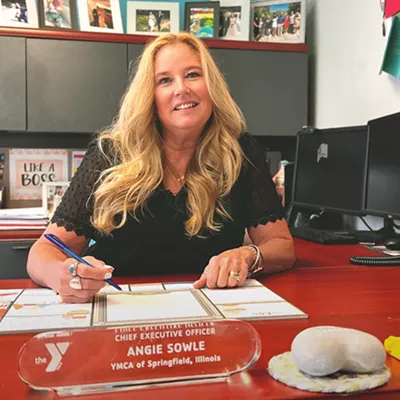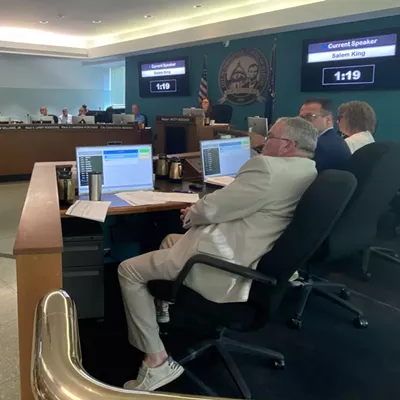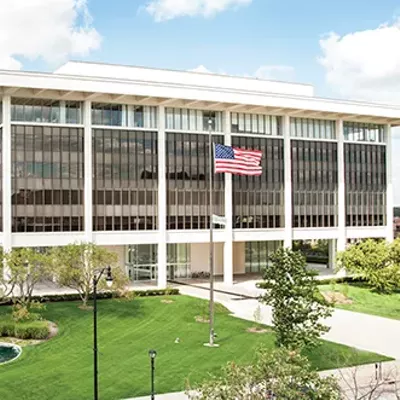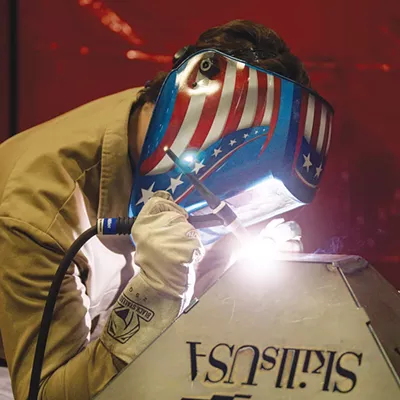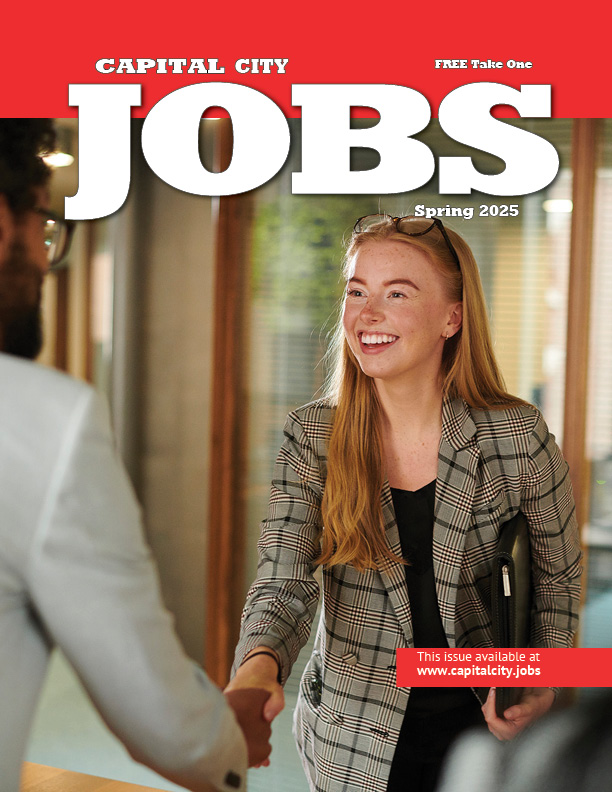By Ann Strahle
Over the last few decades, changes in technology and newsgathering methods, as well as economic recessions, have caused a decline in newsrooms on both the national and local levels. With newspapers folding and reporter positions being eliminated in print and broadcast fields, there has not been much good news when it comes to the journalism profession. However, with the recent merger of two local news outlets, investigative reporting in the Springfield area may see a resurgence.
WUIS, Springfield’s National Public Radio (NPR) station has joined forces with Illinois Issues magazine, a monthly publication that focuses on in-depth public affairs reporting. WUIS General Manager Randy Eccles said, “WUIS and Illinois Issues are unique in the market in that they are not commercially driven. This merger allows us to take the time to focus on explanatory journalism. To look at why things happen and keep our audience informed at a higher level.”
With this new merger, the already busy Eccles takes on even more responsibility as he will serve as both the radio station general manager and the publisher of Illinois Issues. One of his overarching missions with this merger is incorporating the COPE principle, or create once, publish everywhere. “We can send the reporters out to do the stories, and then work with them in order to help them deliver them in the right way for broadcast, digital and print,” Eccles said.
Both of the outlets are under the umbrella of the Center for State Policy and Leadership at the University of Illinois Springfield. David Racine, the executive director of the center, said the combination of news departments means an increase in the amount of stories covered. “Last year, WUIS had about five full-time employees working in the newsroom, and Illinois Issues had basically one employee. With this merger, the number of full-time journalists will double, along with freelancers,” said Racine. “With more reporters, the goals of the reporting staff can become even more focused on in-depth public policy reporting.”
Considering that WUIS feeds Statehouse news to all of the NPR stations within the state, coverage of state issues and policy will continue to be a priority for reporters such as Amanda Vinicky and Brian Mackey but some of those stories may expand for a print version in Illinois Issues. The news department just hired reporter Dusty Rhodes, who will head the education desk, and future hires will include a “harvest desk” reporter who will handle food and environmental issues, as well as a technology reporter.
Sean Crawford, the news director at WUIS, says there will still be the daily news demand, but this system will hopefully add more to both outlets’ coverage. “They’ll be able to drill down even more than in traditional beats. For example, thinking about what’s the most important thing in education or health. The reporters will hopefully become the experts,” said Crawford. “For the last few years we have struggled to do the job that we have wanted to do in term of public affairs reporting, and we’re hoping that this will allow us to do it in the way that is necessary.”
With any change come some learning curves. A combined newsroom means that reporters have to learn the differences in writing and producing radio or print stories. There are also different deadlines to get used to, considering that Illinois Issues publishes monthly and WUIS has a daily demand for news.
As the Executive Editor of Illinois Issues, Jamey Dunn-Thomason says that she is very excited to tackle these changes. “It’s going really well, people are jumping in and trying new things such as broadcasting, which can be a little scary, but really exciting,” Dunn-Thomason said.
One of the main long-term goals for Illinois Issues is an improved web presence in order to share its content with more people. This collaboration will help work toward that goal as WUIS already has a strong web platform thanks to NPR content management support and strategies. Dunn-Thomason said, “I’m really proud of the quality of the content we have, but it is not getting in front of enough eyes. The big goal is to get it out on the web, to get it shared, to get people talking about it, get people reading the stories. The folks that subscribe to us now, love us. But a lot of folks haven’t heard about us, and we’re going to change that.”
While some of those changes may not currently be visible – or audible – they are coming soon. Listeners may hear new voices on WUIS bringing them their daily news or an in-depth report, while readers of Illinois Issues may see some new bylines. This is truly a journalistic merger that has the potential to significantly change the Springfield and state media landscape.
Ann Strahle is an assistant professor in the Communication Department at University of Illinois Springfield, teaching courses such as Media Law and Ethics, News Reporting, Advertising and Interviewing. Prior to her position at UIS, she was a television and radio reporter and anchor for 16 years and taught at Indiana University’s School of Journalism.

